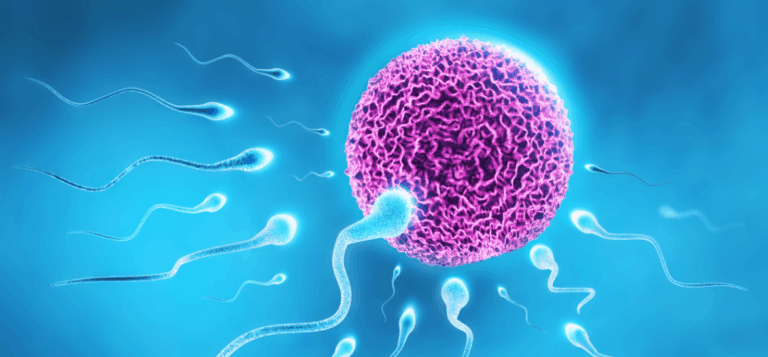“Snip, snip” are usually the first words that come to mind when you hear the term vasectomy. You may rest assured that a vasectomy does not involve scissors of any kind. (But it may involve a scalpel.) A vasectomy is a form of birth control for men. It is a safe, routine procedure. If you are considering undergoing a vasectomy, talk to your primary care doctor about the procedure and ask for a referral to a urologist or a general surgeon. Before having any type of medical procedure, learn about the operation itself and the potential side effects and risks.
Does vasectomy really work?
A vasectomy is nearly 100% effective (99.85% to be precise.) However, pregnancy is still a slim possibility, particularly if post-procedure instructions are not carefully followed. You will not be sterile immediately after the procedure. It may take 12 weeks or even longer before you are no longer ejaculating sperm.
This form of birth control also does not provide any protection from sexually transmitted diseases (STDs), so it’s important to use a barrier method of birth control, such as a condom.
Advantages of a vasectomy
A vasectomy is an outpatient procedure that typically takes about 15 to 20 minutes. Most men are able to return to normal activities within one to two days. If you have a vasectomy, you will likely find that it allows for greater spontaneity in your sex life. It also generally has fewer side effects and complications than a tubal ligation or hormone-based birth control, so your partner may appreciate it as well. Additionally, these procedures are cost-effective. The average vasectomy costs between $350 to $1,000.
Disadvantages of a vasectomy
There is always the possibility that a vasectomy will fail. Even if it does not fail, it will still not protect you from STDs. As well, you may decide later in life that you wish to have children. While a doctor may sometimes be able to reverse a vasectomy, this is not guaranteed. Vasectomy reversals are also much more complicated than the original operation.
Misconceptions
One of the biggest misconceptions about vasectomies is that being sterile is the same thing as being impotent. You will still ejaculate after the procedure, but you will not release sperm (once the initial waiting period is over). There will be no discernible difference in your ejaculate. The procedure does not reduce your sex drive or ability to perform in any way. In fact, a vasectomy can actually boost your testosterone levels very slightly. It may improve your sex life by allowing for greater spontaneity and it can also free you from the worry of an unwanted pregnancy.
Considerations
You should always consider a vasectomy to be permanent, even if a reversal may be possible. Carefully think about your reasons for having a vasectomy. If your partner is pressuring you into it, or if you are currently having marital or emotional problems, this may not be the best time to have the procedure. Talk to your partner and your spiritual adviser, if applicable. Consider whether you might wish to freeze your sperm in case you change your mind later. Just bear in mind that frozen sperm are not always viable.






